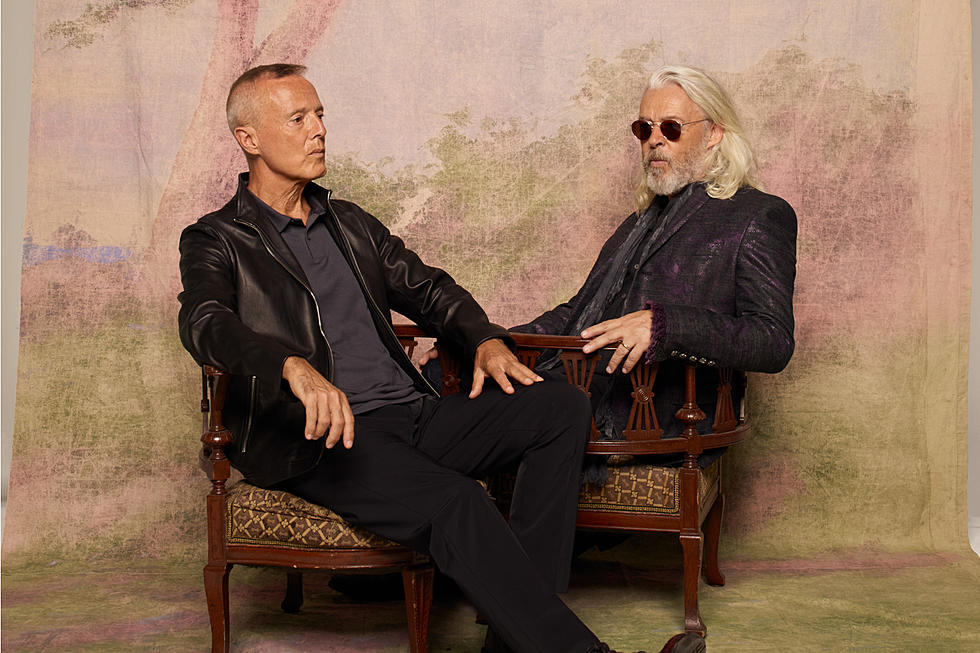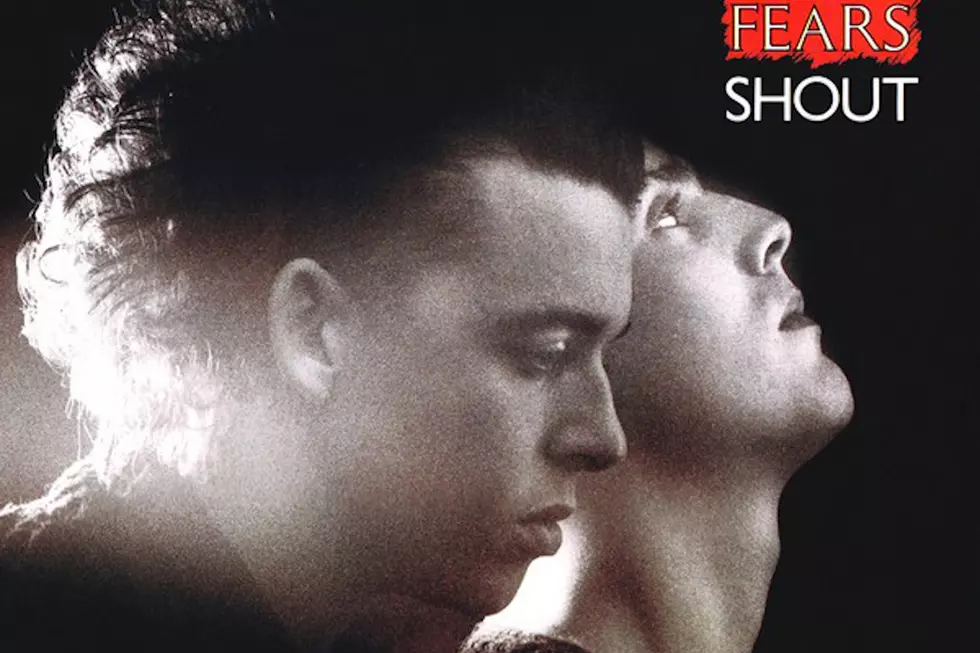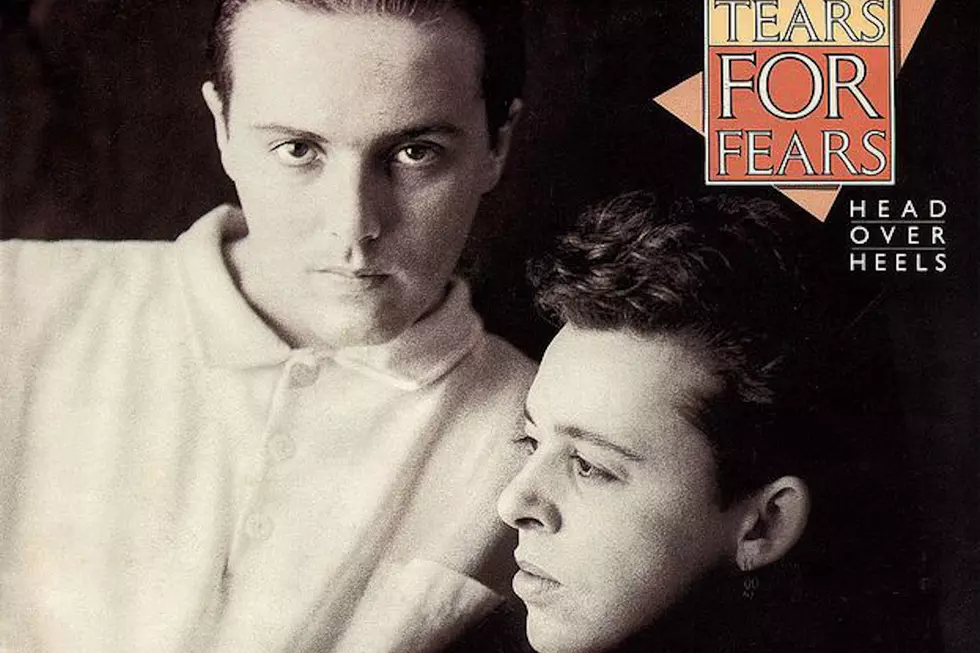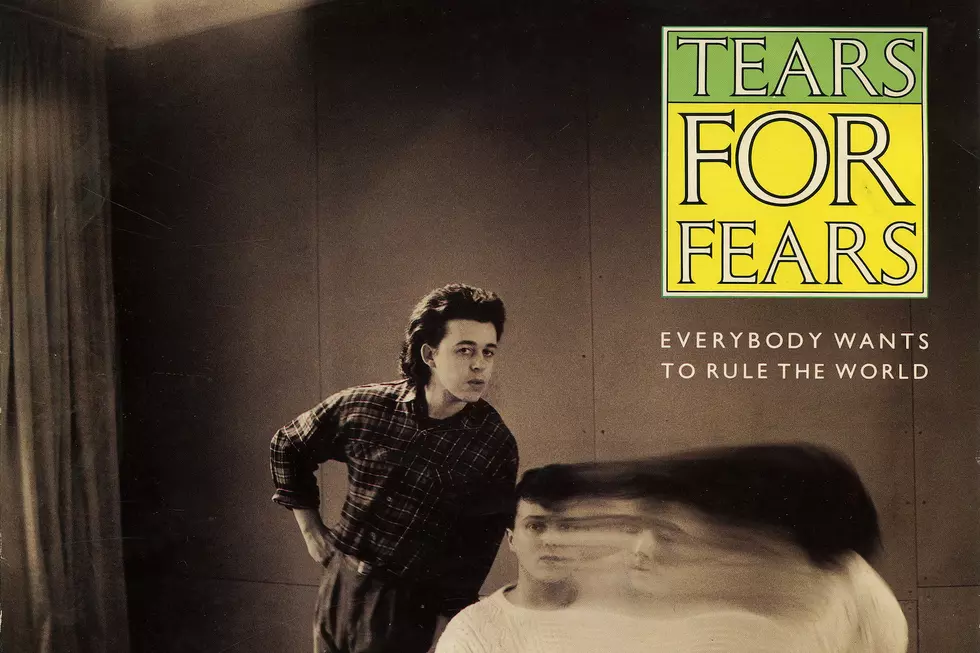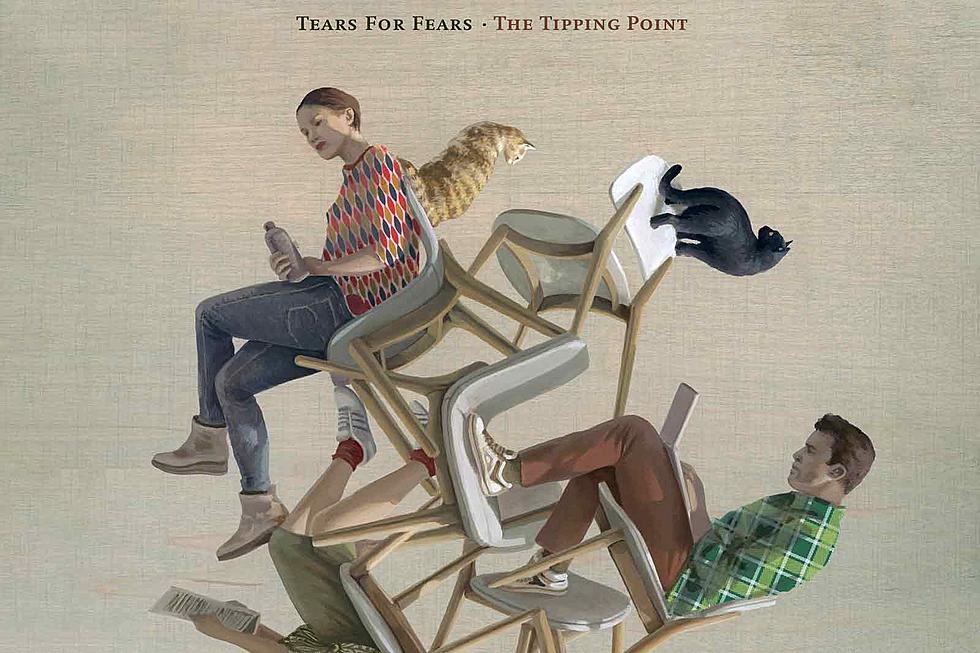
Tears for Fears, ‘The Tipping Point': Album Review
Nobody would expect a band that brought dissociative identity disorder and Janovian theory to the top of the charts to rest easy during a recording hiatus that lasted for almost two decades. But the 18 years since Tears for Fears' Everybody Loves a Happy Ending have been especially rough on Roland Orzabal and Curt Smith at times. Orzabal's wife died in 2017, forcing the duo to pull out of some live dates, and work on their seventh album, The Tipping Point, began nearly 10 years ago before a frustrated Smith temporarily left the group.
With fences mended and recording finally completed, Orzabal and Smith generally pick up where they left off in 2004 – which was the first time the pair had worked together since 1989's The Seeds of Love. And like their previous reunions, The Tipping Point finds them happy to cover territory that's been part of their DNA since Tears for Fears' 1983 debut The Hurting and the worldwide breakout LP Songs From the Big Chair two years later.
There's even an eagerness in these 10 songs, starting with the stripped-down and slow-building "No Small Thing," to reboot and reshape Tears for Fears as something both familiar and evolving. "Just be good to yourself," they sing, setting up a theme for an album that explores mental illness, moving on and mortality. The death of Orzabal's wife of 35 years certainly has a part here, but just as often Orzabal and Smith take stock of their often fractious relationship.
The music is often reflective of these subjects – knotty and dark as it goes from folk-rock to art-rock to synth-pop. It's not exactly what you'd expect from Tears for Fears at times, though the title track and "End of Night," as well as a handful of other songs, dive head-first into the Big Chair era's new wave grandeur.
But even these moments offer small reminders that The Tipping Point has larger aspirations in mind. Acoustic guitars and accordions blend into the synths and programmed percussion in this landscape, never making the easiest connection to the past. Which is the point. Highlight "Break the Man" isn't too far removed from "Woman in Chains" – 30 years on, we still have a long way to go – but the path isn't exactly straightforward either. As with the band, there are some tricky turns to navigate before there's a comfortable resting point on The Tipping Point. Relatively speaking, of course.
Top 40 New Wave Albums
Gallery Credit: UCR Staff
More From Mix 92.3
